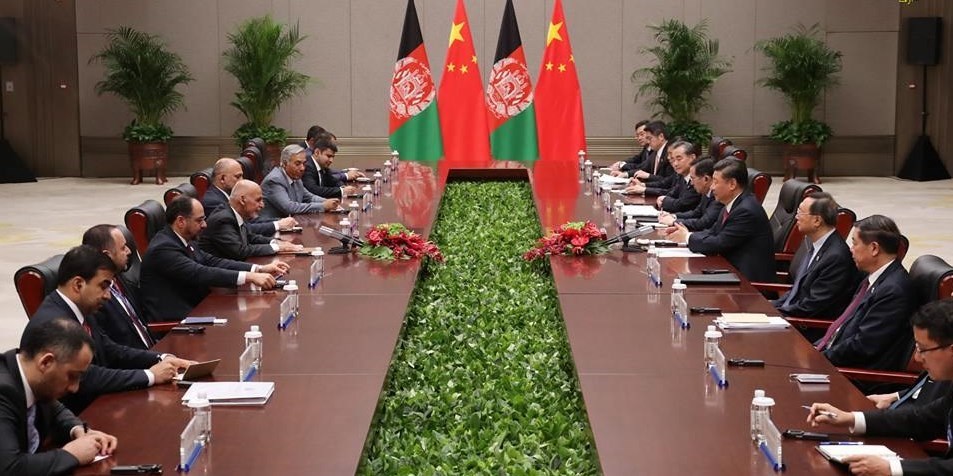After a general agreement was reached between Pakistan and China called “One-Road One Belt” under which China invested about $65 billion in Pakistan, the idea of construction of a road from Qaraqorum to Karachi and from Karachi to the port of Gwadar known as Makran Road built by the Chinese was raised. In fact, the Chinese are building a highway from Kashgar, the capital of Xinjiang, to Kashmir and Karachi, and from Karachi to Gwadar.
On the other hand, a gas and oil pipeline and railway are to connect Gwadar to Kashgar. This means that the projects that China is implementing in the region, because they are very large and cover many areas, make Pakistan very dependent on China.
Even at the time that the question of “One Road One Belt” was raised, the issue came up as to what position Afghanistan would take in the context of a major project envisioned by the Chinese. It was during Hamed Karzai’s presidency that serious negotiations began between Afghanistan and China, and the Aynak copper mine, the largest in Afghanistan, was handed over to China. In addition, contracts were signed between Kabul and Beijing for the development of oil and gas in the Sheberghan region of northern Afghanistan.
In fact, China is very cautious, given that it feels it’s competing with the Americans over the “One Road One Belt” project and that the United States still has a military presence in Afghanistan and may sabotage development of relations. Although agreements have been signed between Afghanistan and China, Beijing has delayed the implementation of these agreements and is waiting to see where the US situation in Afghanistan will lead. In fact, the Chinese want to get in and invest in Afghanistan whenever the US presence in Afghanistan becomes clear, in the same way that they have invested in Pakistan.
So the geopolitical argument is that the Chinese have included in their plans about 55 Asian, African, Middle Eastern and European countries in “One Road One Belt” project to invest in boosting development in these areas.
As for Afghanistan, as mentioned, the Chinese are very serious and have clear policies, but as long as the Americans are in Afghanistan, it seems that Beijing will continue to be cautious.
Finally, there are a few important points as to why China wants to expand its cooperation with Afghanistan, especially to advance economic investment, especially within the “One Road One Belt” project and the port of Gwadar; First, Afghanistan has a lot of underground resources and China needs them; therefore, it will make a long-term investment in this region.
Another issue is that China and Afghanistan share a 56-kilometer border in the Wakhan region, and Beijing’s main concern is that the East Turkestan Islamic Movement, which was also involved in the Syria and Iraq wars and sided with ISIS, is moving to Afghanistan. These forces, some of whom were part of ISIS leaders, are now entering areas leading to the Fergana Valley, jeopardizing both Russia’s security interests and those of China; Therefore, another reason for Beijing’s proximity to Kabul is to get some kind of guarantee from the Taliban that if this group (Taliban) comes to power in Afghanistan, it will not allow the East Turkestan Movement to move from Afghanistan to Xinjiang and endanger the Chinese national security. Thus, China considers both political and economic and security considerations in its proximity to Afghanistan.










0 Comments